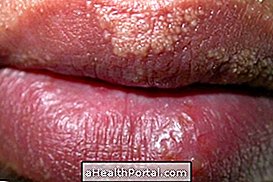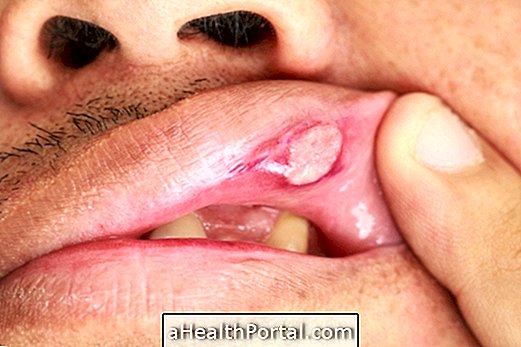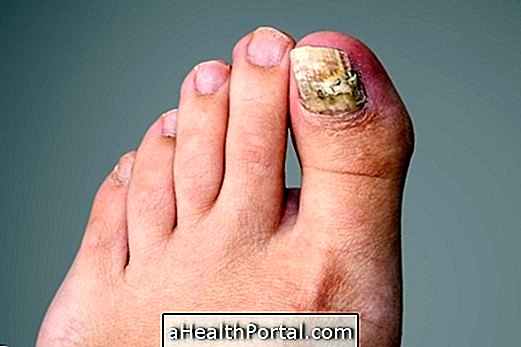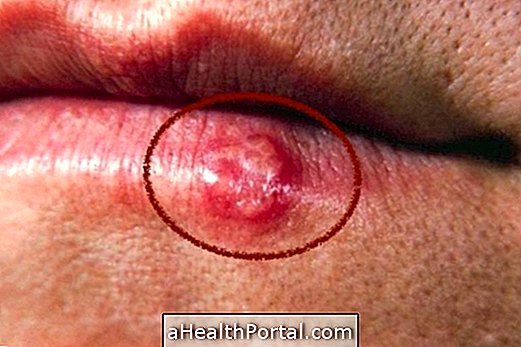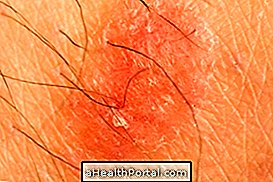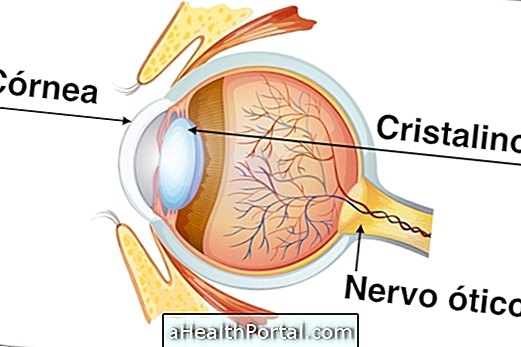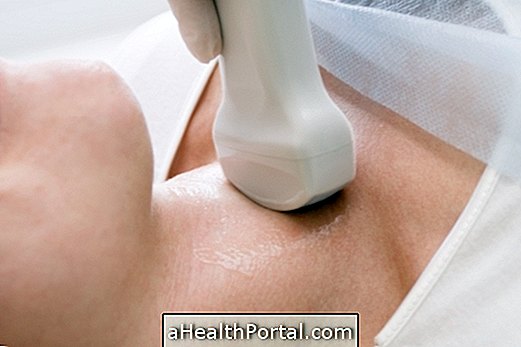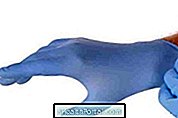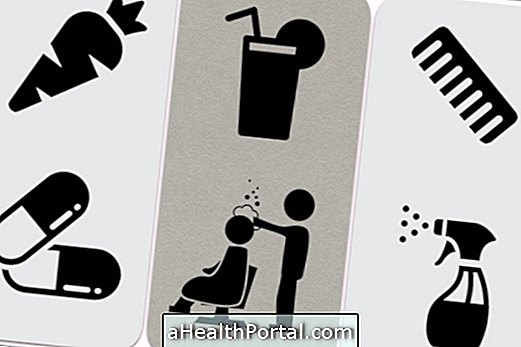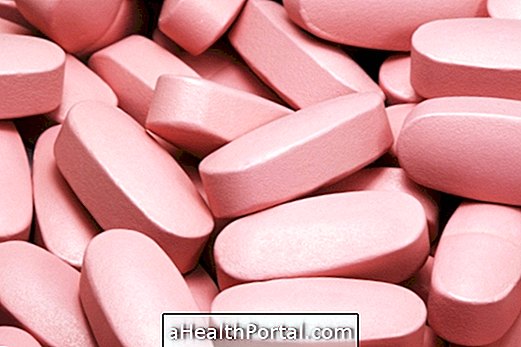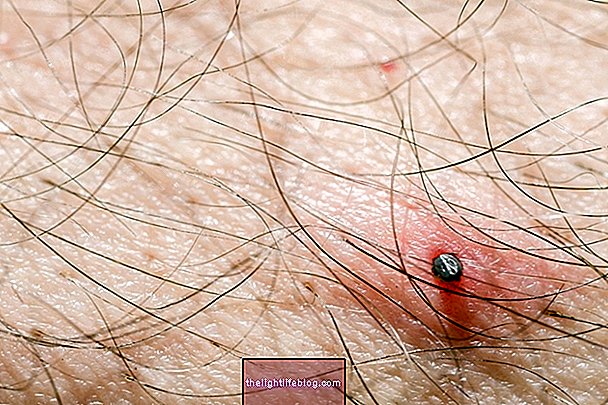Skin infections can arise due to an imbalance in the bacterial flora that naturally coats the skin. Cutaneous infections vary in degree, and may manifest as a simple acne, herpes or as a more serious disease caused by staphylococci such as scalded skin syndrome.
The main symptoms of skin infections are redness and itching, which can arise after gardening, entering the sea or pool, for example. The people who can most often suffer from this type of infection are diabetics and those with AIDS, but anyone can be affected, even if they are very healthy.
Types of cutaneous infection
Skin infections can be mild, which can be cured with home remedies, or severe, requiring remedies indicated by the doctor. They can be of the following types:
1. Infection of the skin caused by bacteria
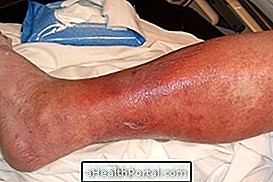

In this case the bacteria proliferate in the skin and penetrate the deeper layers of the skin through cuts or scratches. Some examples are:
- Infectious cellulitis;
- Impetigo;
- Erysipelas;
- Boil.
Treatment of small infections of the skin caused by bacteria can be resolved with antibiotic ointments, but in more severe cases the doctor may prescribe antibiotics in the form of syrup or tablets.
2. Fungal infection of the skin


Fungi proliferate in moist and hot areas, so body sites that exhibit such characteristics are most prone to fungal development in an uncontrolled way. Some examples are:
- Frieira;
- Ringworm on the skin or nails;
- Balanite;
- Candidiasis.
These can be treated with antifungal ointments indicated by the pharmacist, as is the case of the chill and mycoses of nail, but should be indicated by the doctor in other situations.
3. Skin infection caused by viruses


Skin diseases that are caused by viruses are more common in childhood when coming into contact with the infected person, since they are usually contagious diseases. Some examples are:
- Herpes;
- Chickenpox;
- Measles;
- Hand-foot-mouth syndrome;
- Warts.
These infections on the skin can be treated with ointments indicated by the doctor, and if fever or pain is present, Dipirone may also be recommended.
Signs and Symptoms of Skin Infection
The first signs of a skin infection are redness, itching and formation of small elevations in the skin. Signs that indicate the infection can be severe include:
- Pus;
- Presence of blisters on the skin;
- Desquamation of the skin;
- Dark skin in the affected region.
Usually the doctor can observe the person and determine what is causing each infection, based on the characteristics of the lesions, their location, beyond the person's age and their daily habits. If in doubt, he may request tissue biopsy for a more specific treatment, but while waiting for the lab's result may indicate oral antibiotics to control the infection.
Treatment for skin infection
Keeping the skin properly clean and washing the wound with soap and water are key measures to prevent a skin infection from appearing or prevent its worsening.
Treatment can be done with antibiotics in the form of ointment, when it is caused by bacteria, topical antifungal in case of infection caused by fungi and in some cases of viral infections such as herpes, ointments that decrease the action of the virus may be indicated. In any case the treatment should be indicated by the doctor, because using the wrong medicine besides not having the expected effect, can aggravate the situation.

